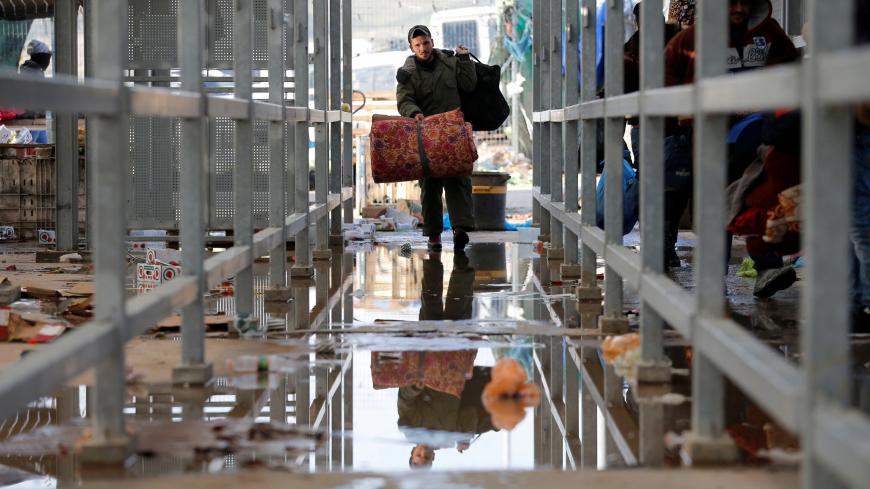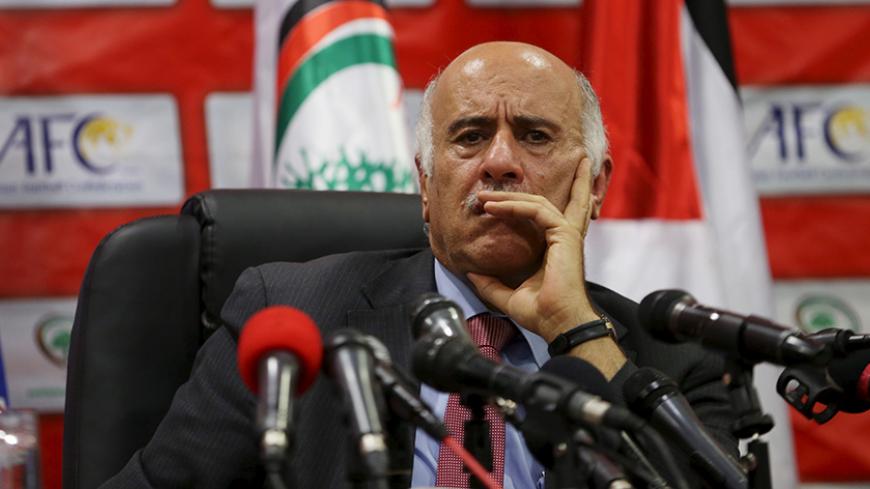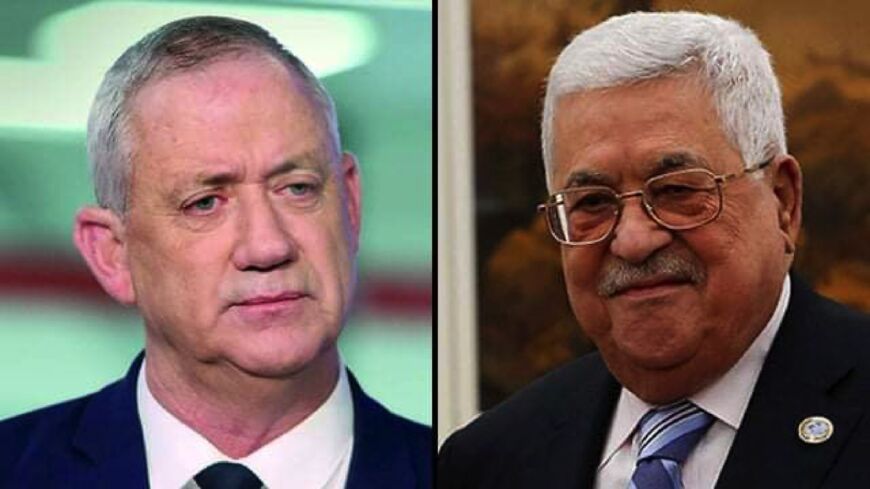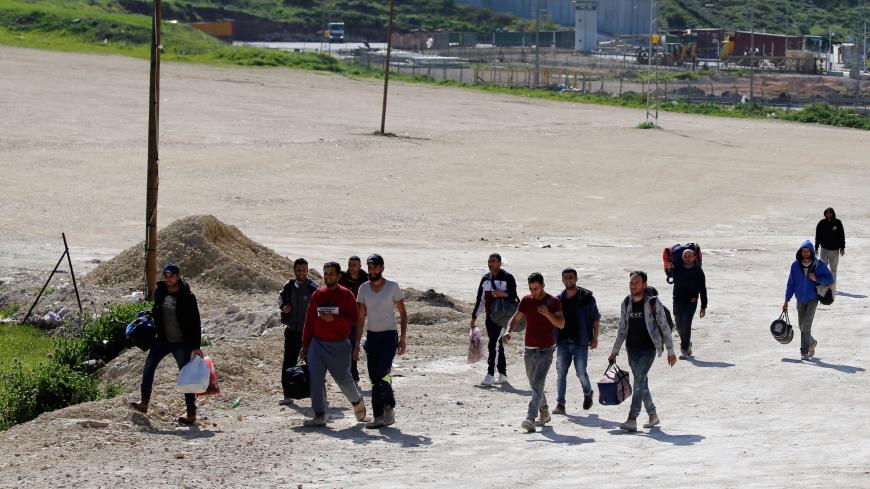How coronavirus outbreak has boosted Palestinian-Israeli cooperation
While Palestinian-Israeli cooperation has been revved up to the highest level for some time due to the coronavirus outbreak, some problems persist.

The coronavirus outbreak has done what local and international politicians and activists have been unable to do. It has sparked an extraordinarily high level of cooperation and coordination between Palestinians and Israelis.
Ahmed Deek, a senior Foreign Ministry official in the Palestinian goverment, told Al-Monitor that the cooperation at the present time is “necessary and important as it serves a humanitarian [purpose] because [the outbreak] is a danger to all.”







